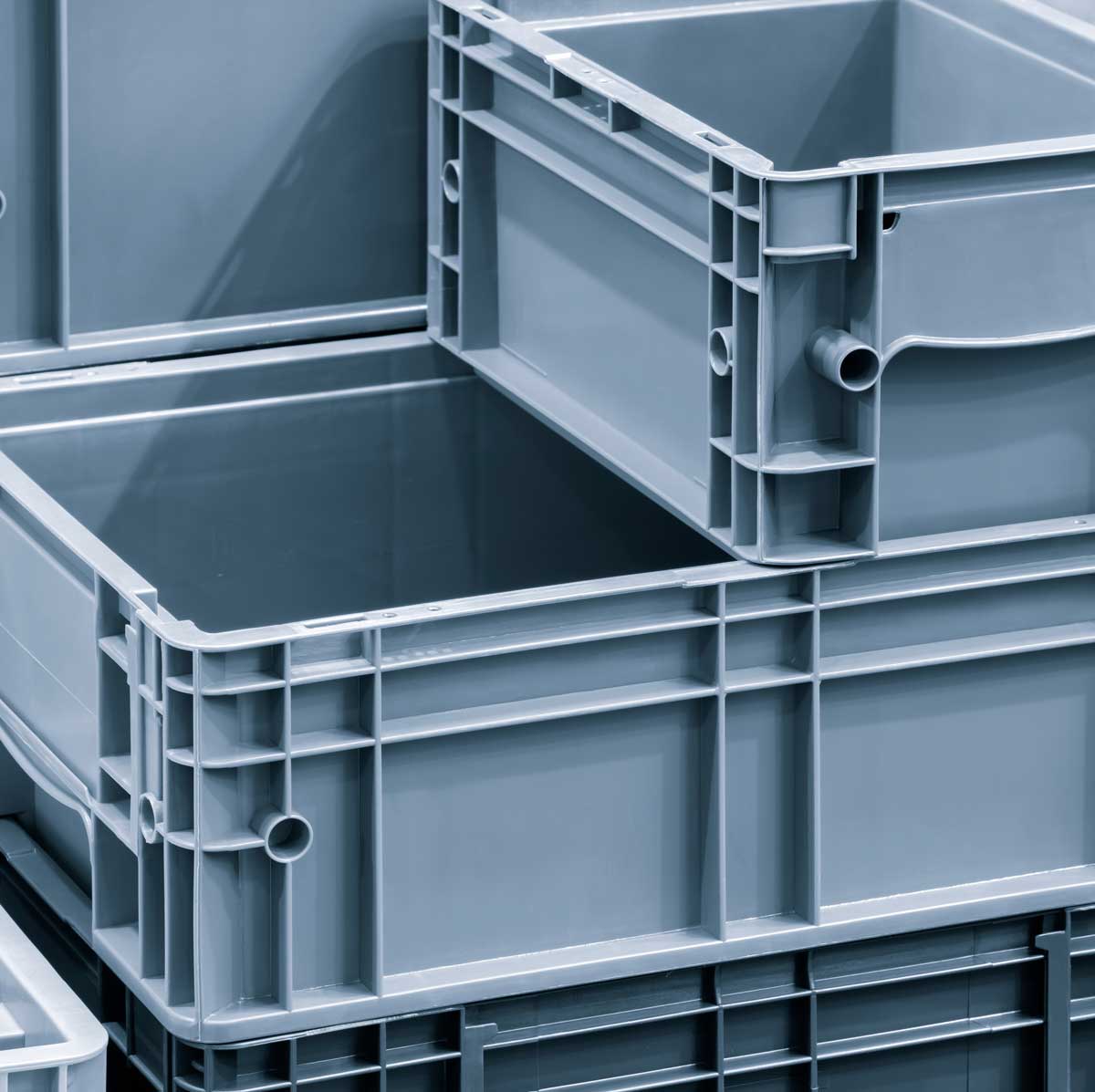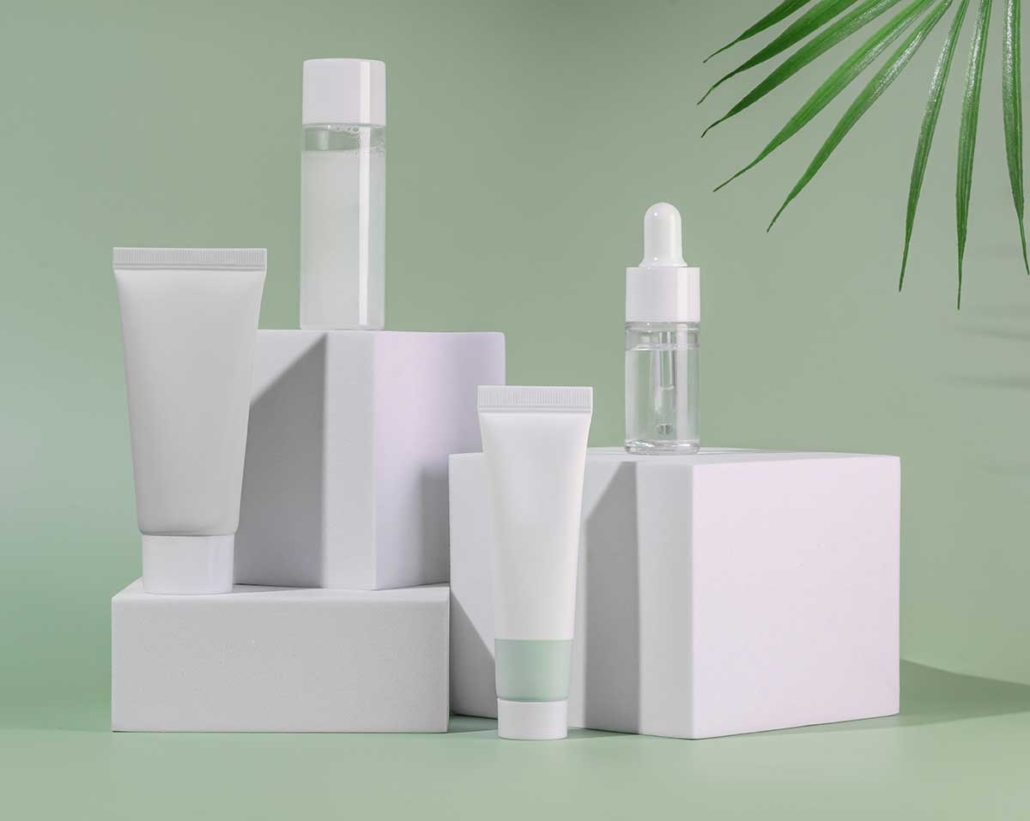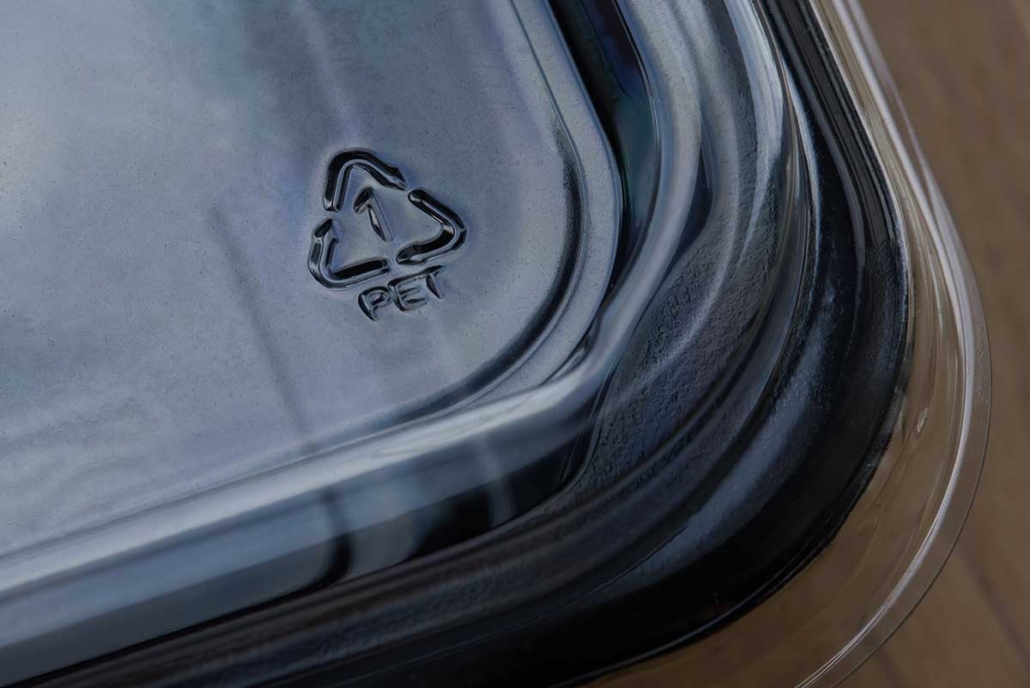FAQs
Do you offer FDA-compliant compounds for food packaging?
Absolutely! Our AuroraTec™ rigid PVC compounds are highly versatile and meet a variety of regulatory approvals. Our compliance ratings also allow us to tweak or modify these compounds to your specifications and still meet regulatory standards.
Which of your compounds work best in recyclable packaging?
Our AuroraTec™ rigid PVC compounds meet a variety of environmental and performance requirements including recyclability, structural integrity and chemical resistance.
What compounds are best for heavy-duty dunnage applications?
AuroraTec™ PC/PBT compounds are impact-modified, providing a high level of strength and impact-resistance, even at low temperatures. They’re also chemical-resistant and highly moldable, making them ideal for protecting parts during shipping, even in demanding industrial environments.
Which of your compounds are preferred for consumer electronics packaging or dunnage?
AuroraGuard™ compounds have strong antistatic properties and are often used in industrial and consumer electronics packaging. The compound is both RoHS and REACH compliant, has UL 94 VTM-0 OR UL 94 V-0 flame ratings, along with good low moisture absorption and chemical resistance. Additionally, AuroraGuard has anti-static properties of 10×1011 and can be scored and folded into 3D packages. This provides the user the ability to die-cut, store and ship their packages flat for easier on-site fabrication. There are hundreds of color options, and all of these compounds are offered in both molding and extrusion grades.
What is a cost-effective alternative to thermoplastic elastomers?
We can customize AuroraFlex™ flexible PVC compounds with additives that promote plasticity and flexibility to meet specific needs, such as renewable non-phthalate, improved low temperature tolerance and biocides.
I have a clear packaging application: what compound should I consider?
AuroraTec™ rigid PVC can be either clear or opaque.
Can you match your compounds to a specific color?
Our opaque rigid PVC can include fillers and pigments to impart a specific color.



